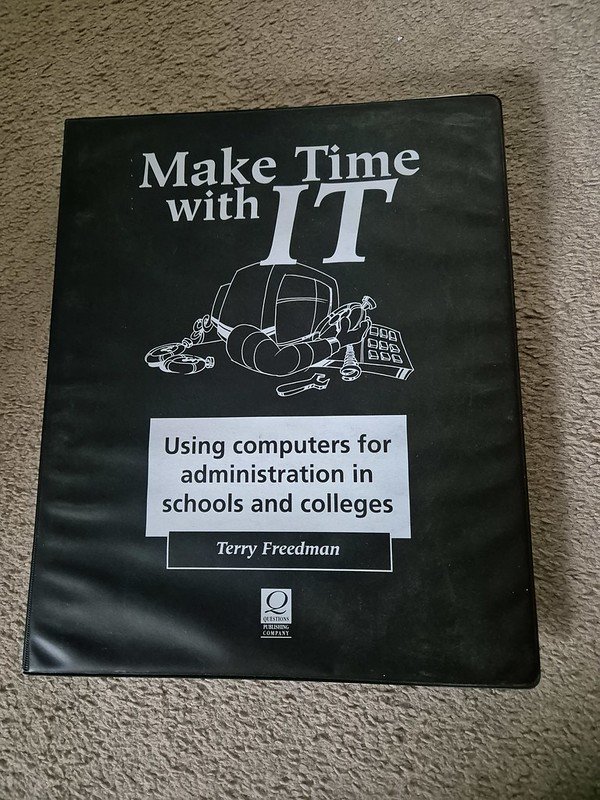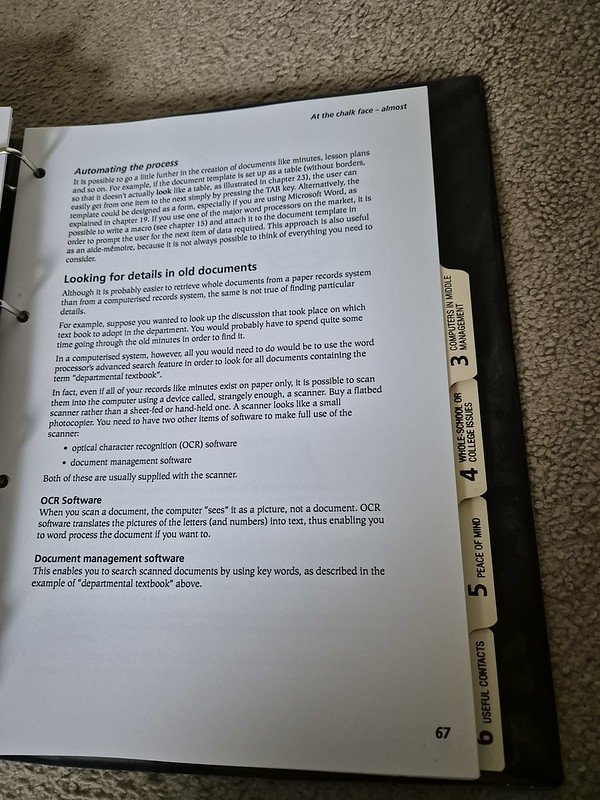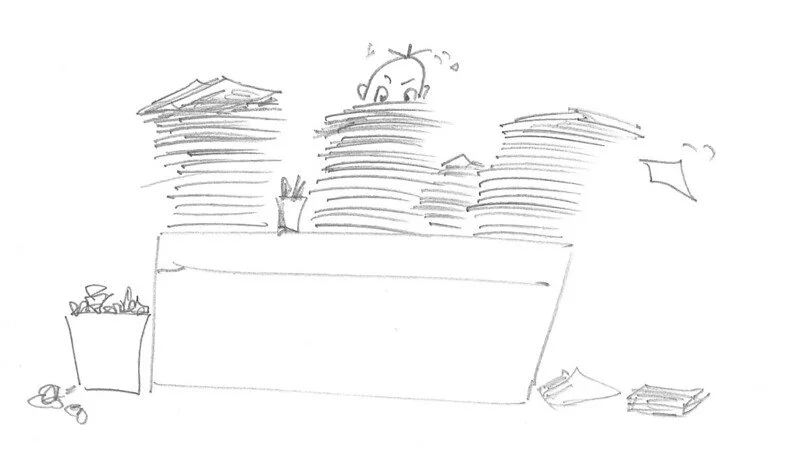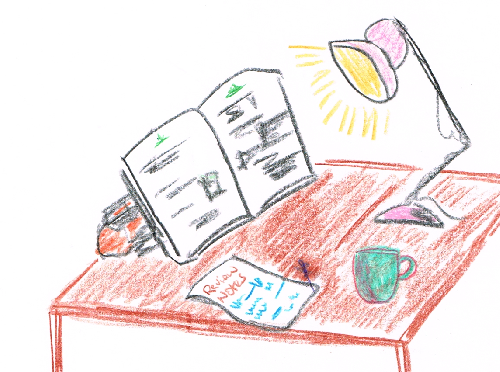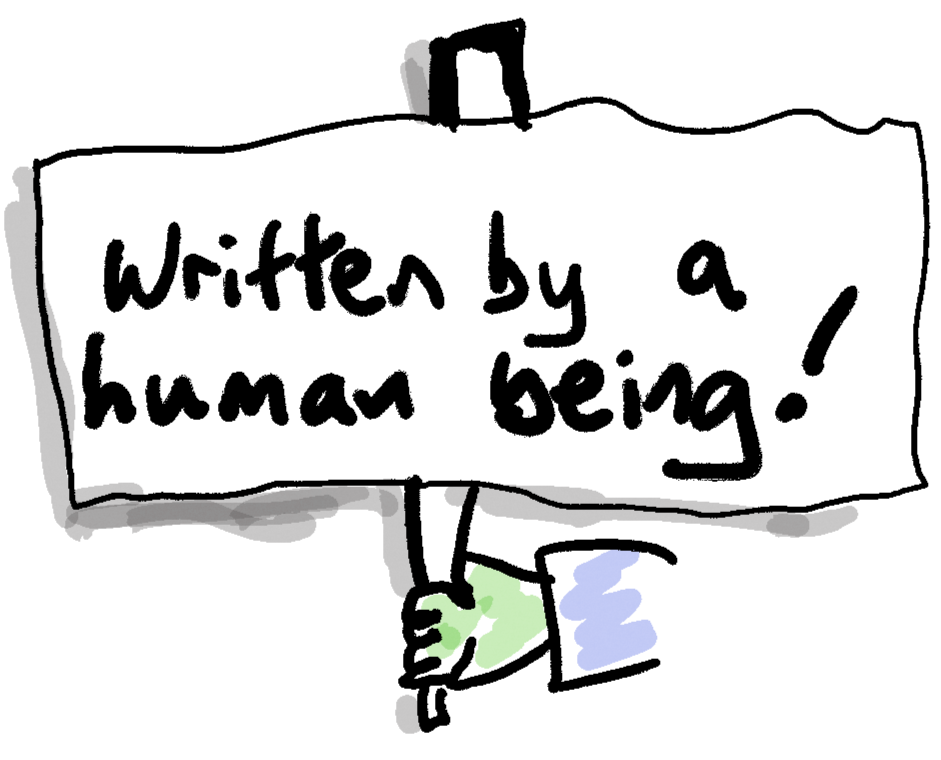In January 2024 the English Department for Education published its initial thoughts on teacher admin tasks, as in what teachers should not be expected to have to do.
This is one of those rituals that the DfE goes through every so often in one form or another. If you don't believe me, my book Make Time With IT (see photos above), a simple guide to how teachers could make light of some of their admin tasks though the judicious use of technology, was published in 1996. That's right: over nearly years ago! I was contacted by someone in the DfE, or whatever it happened to be called back then, and the upshot was that some of the book ended up on my website with links to it from the DfE.
I say all this not as some sort of brag but simply to illustrate the fact that this has all been going for some time. When Damien Hinds was Education Secretary I said to him in a meeting that perhaps one of the criteria Ofsted (the schools ihnspection body in England and Wales) should look at, and take seriously, is the amount of admin teachers are obliged to do in their school. He didn't like the idea, which is probably just as well: I can imagine some headteachers asking teachers to fill out a form at the end of every school day to say how much time they'd saved by not being asked to do admin.
Anyway, things like this are well-meaning, but without changes to make admin reduction a reality (more money would be a good start), I think some schools would find it hard to do very much.
In any case, some of these tasks are oines that I, as a teacher, found and find valuable, as I'll elucidate.
The principles of the document are sound. In particular I think this is to be welcomed, generally speaking:
The key tests for any task must be:
a. Does it need to be done at all?
b. Is the task of an administrative or clerical nature?
c. Does it call for the exercise of a teacher’s professional skills or judgment?
If the answers to a) and b) are yes but the answer to c) is no, then the task should not be carried out by a teacher.
There's a long and non-exhaustive list of examples in the annex, but I've chosen the following sample to look at in particular, numbered for ease of reference:
-
Production of photographic evidence of practical lessons e.g. for assessment purposes or to ‘evidence’ learning. Unless you have a classroom assistant, which I almost never did, I don't see how you would get this evidence if you wanted it, unless you did it yourself. I suppose you could ask the students to take photos and upload them somewhere, but somebody would need to organise the evidence at that point anyway.
-
Collating pupil reports e.g. reports of pupil examination results. Not only is this not an arduous task if you use a spreadsheet (say), but carrying this out can be very useful in helping you identify trends or potential issues.
-
Responsibility for producing, copying, uploading and distributing bulk communications to parents and pupils, including standard letters, school policies, posts on electronic platforms. No argument with most of this, but without the services of a technician or admin person, and given that subject curricula have to be available on the school's website, the reality is that it's going to end up having to be done by a teacher. As it happens, I worked with a school once that wanted each department to be responsible for its own area on the school's website, and the variety of colours, organisation and other aspects really reflected the character of each subject area. It was so much more vibrant than what might have been the case otherwise.
-
Organisation, decoration and assembly of the physical classroom space e.g. moving classrooms, moving classroom furniture, putting up and taking down classroom displays. Again, I agree with most of this, but I always had to do my own classroom displays -- except for the occasion when another teacher in my department very kindly did it for me (and made a much more artistic job of it too).
-
Ordering, setting up and maintaining ICT equipment, software, and virtual learning environments (VLEs), including adding pupils to VLEs and online subscription platforms. I agree with all this too, but when I worked with schools with no technical support, I had to do it myself.
-
Ordering supplies and equipment. See #5
-
Cataloguing, preparing, issuing, stocktaking, and maintaining materials and equipment, or logging the absence of such. See #5. Actually, in one school when I did a stock check fivemminutes after joining as Head of Computing, I discovered that one computer system that was on the books was not actually in the school.
-
Co-ordinating and submitting bids (for funding, school status and the like). As head of department, it was in my interests to co-ordinate and submit bids for extra money.
-
Taking, copying, distributing or typing up notes (e.g. verbatim notes) or producing formal minutes. Fair enough, but how many schools would be able to provide secretarial assistance for subject staff meetings?
-
Bulk photocopying. I've worked in a lot of schools, and only two of them had a dedicated reprographics department.
Have I been unlucky? In many schools I had no technical support, no classroom assistance and no admin support. So it's great that the DfE is thinking about this, but as I said earlier it can't happen without other changes to support it.
This article first appeared in the free Digital Education newsletter.


